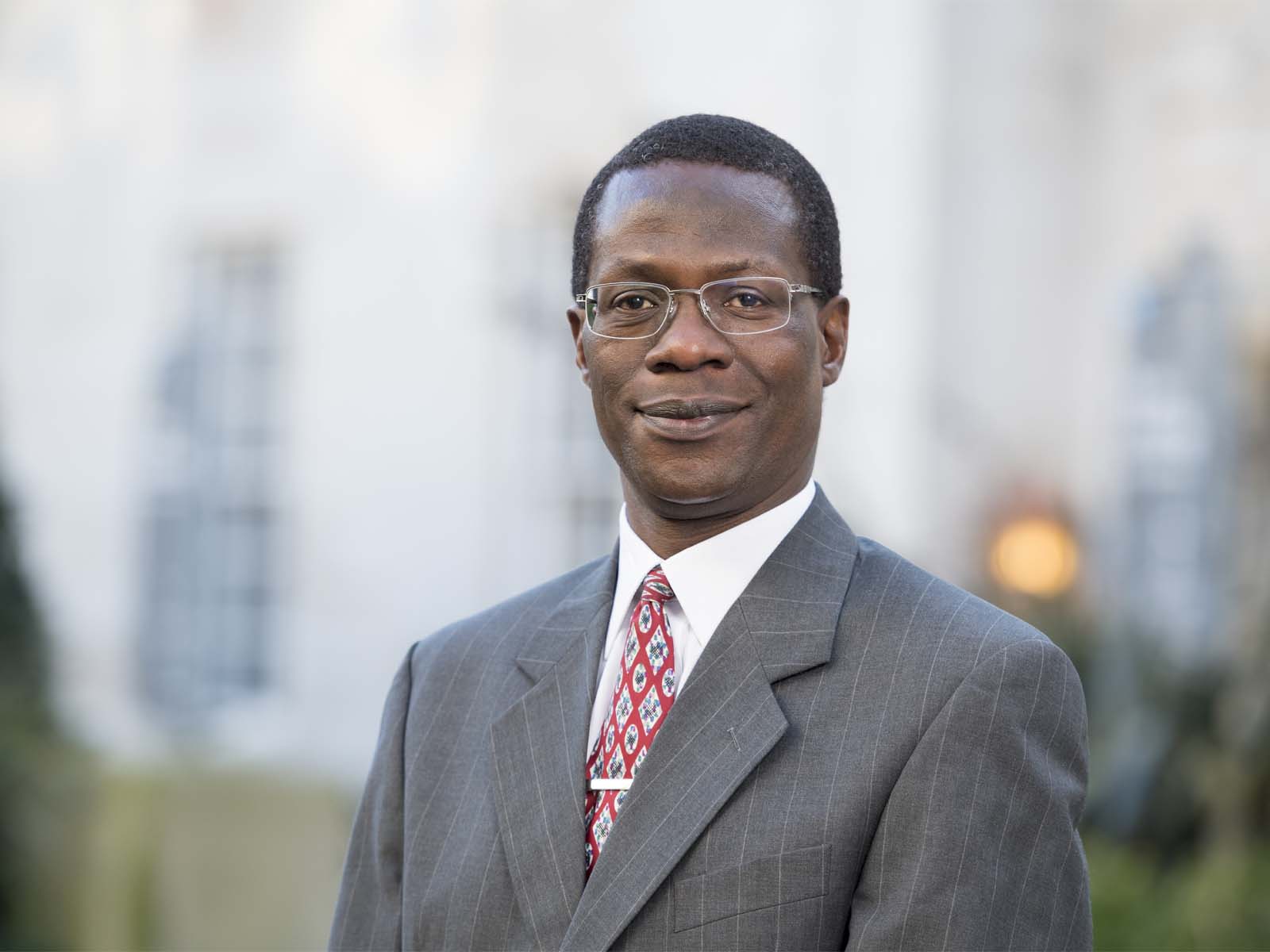Professor Robert Mokaya becomes a Trustee of the Royal Society of Chemistry

Robert Mokaya is based at the University of Nottingham as Professor of Materials Chemistry at the school of chemistry and also Pro Vice-Chancellor for Global Engagement. Picture: Robert Mokaya
Professor Robert Mokaya FRSC has been appointed to the Royal Society of Chemistry Board of Trustees. We spoke to Robert for his thoughts on becoming a trustee, at a point we’re embarking on a new strategy that focuses on enabling chemical scientists to make the world a better place.
RM: I have been a member and then a Fellow of the Royal Society of Chemistry and I have associated with the society for a long time. I have always felt part of the society and so it's very exciting for me to be now a trustee and to be contributing in a very clear way to the way that it moves forward. I have always considered that organisations such as the RSC have a very important duty to be the spokesperson for the people that they represent – not only in responding to issues but actually in driving that conversation.
I think there's a way in which we are going to look at, in an international context, how the Royal Society of Chemistry can have that greater impact, perhaps in places where we are not so well-known and how we can continue to drive those conversations, but also link people together. The chemical sciences are a sort of foundational science and I think we need to be in those important discussions that are taking place, particularly looking at the [UN] SDGs and other conversations as well on the challenges that we face.
One example I have been involved in over a number of years is the Pan-Africa Chemistry Network. That's really worked very well because it's been able to bring together chemists and actually beyond just chemistry – other scientists in the region, in Africa, to start to have conversations and that's really worked very well. It's also raised the profile of those particular chemists and what they're doing, so that convening power has been really very positive and it's a model that might be used elsewhere.
Actually there was something else that was going on that has to do with bringing people together, sharing best practice and, in that process actually building capacity. That also has been very positive in some of the initiatives that the PACN has put forward and actually that speaks to inclusivity and diversity, as well, because the chemical sciences – that's a global community – and when we think about the players in that community, who are they and how is everybody in that community, not just in the UK but globally, having a voice?
I believe that actually diversity is not an end to itself, but actually diversity is an avenue, is a pathway to a better way of doing things, to a higher level performance, because when you have diversity, you suddenly have better views than having homogeneous views and so I see a line between those two. I think it's important that the chemical sciences be an inclusive space for everybody who wants to be part of it.
Professor Mokaya’s research at Nottingham is in the field of sustainability and energy storage, an area our colleagues raised in various ways at the recent COP26 climate conference. We asked him for his thoughts on what’s come out of the events in Glasgow…
RM: One of the things that came out very clearly from some of the conversations last week was that research is making a big difference and will continue to make a huge difference. But actually we need the political will to unlock some of those obstacles and those have to come together. Research will provide the answers, but the enabling environment has to be provided by political will, and I think that is where the challenge is.
I'd like to imagine a situation where these political barriers are removed and we scientists are told: “this is the challenge… get us the solution, within this period of time”. I can show you that will really drive the research forward. At the moment, we are looking for solutions, but we don't know whether those solutions will be taken up because of the lack of the enabling environment.
I think anybody who's been following what's been happening there will go away inspired if they're working in the area, because this is now the biggest challenge we face.